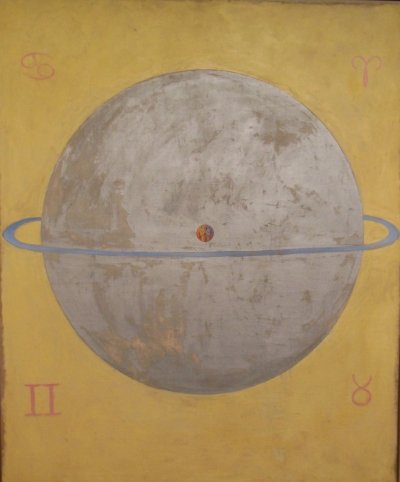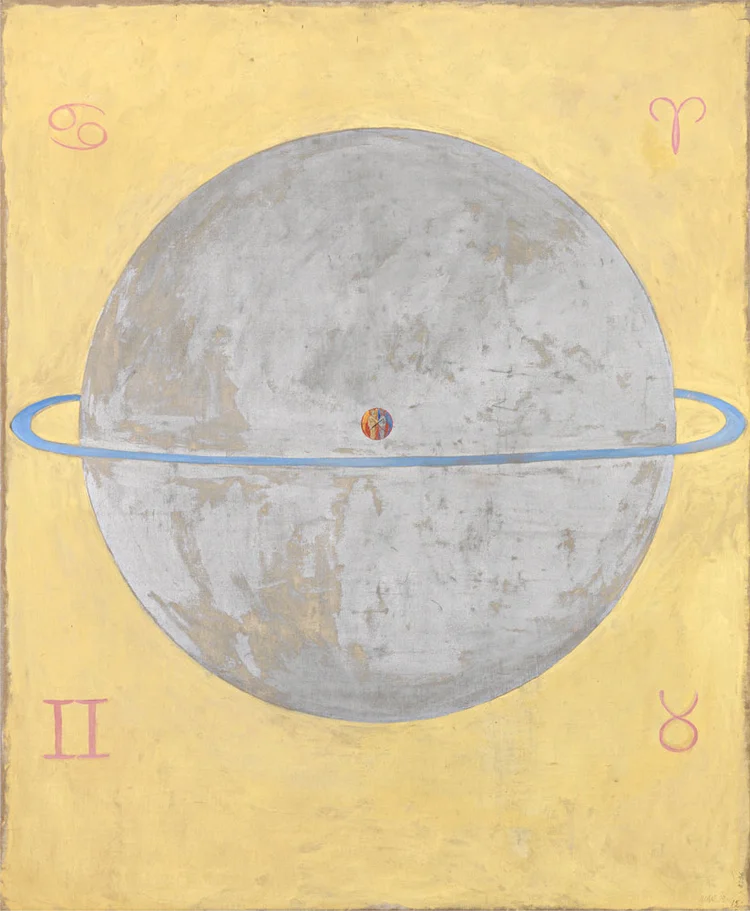Anais Nin introduced Henry Miller in the mid thirties to Conrad Moricand, a bohemian Swiss astrologer, who also happened to live in Paris. A friendship soon developed. Moricand not only cast his chart and interpreted it for him but also gradually introduced Miller into the world of astrological symbolism, be it at his studio or over a meal in some restaurant. Miller was practically in awe of Moricand’s knowledge and had a profound appreciation for him as a person. He wrote in a letter to Moricand from July 15, 1938: “The evenings I have spent with you are the richest moments of all this part of my life here in Paris. I say all this without the least desire to flatter you. It is merely an expression of the great debt I owe you and which I am pleased to acknowledge and affirm.” At another time he wrote: “For me astrology was just another language to learn, another keyboard to manipulate. It’s only the poetic aspect of anything which really interests me. … A chart, when properly read, should enable one to understand the overall pattern of one’s life.”
There are obvious touches of astrological symbolism in his writing of the period -Tropic of Cancer and Tropic of Capricorn, the names of which already proclaim their astrological alliance.
In 1947 Miller invited Moricand who was penniless at the time to live with him in Big Sur for the rest of his life, and Moricand arrived at the end of the year. That arrangement quickly turned out to be a disaster, and Moricand eventually returned to Europe.
Miller wrote about this episode, which would be published in 1956 as A Devil in Paradise, and a year later as the third part of Big Sur, called “Paradise lost”.
Later Miller would have this to say abbot astrology:
Astrology does not explain the laws of the universe, and also does not tell us why the universe exists. What astrology does, simply said, is the following: it shows us that there is a relation between macro-cosmos and micro-cosmos, i.e., that there exists a rhythm in the universe, and that the life of man partakes in that rhythm. For centuries men have studied and observed the nature of this rhythm. … The fact remains that the oldest and greatest civilisations that we know have used it as the foundation for thought and action. That astrology deteriorated to a form of fortune-telling is a totally different story.
Henry Miller, in his foreword to 'Henry Miller and his world of Urania', 1960
Henry Miller, (1891-1980)



